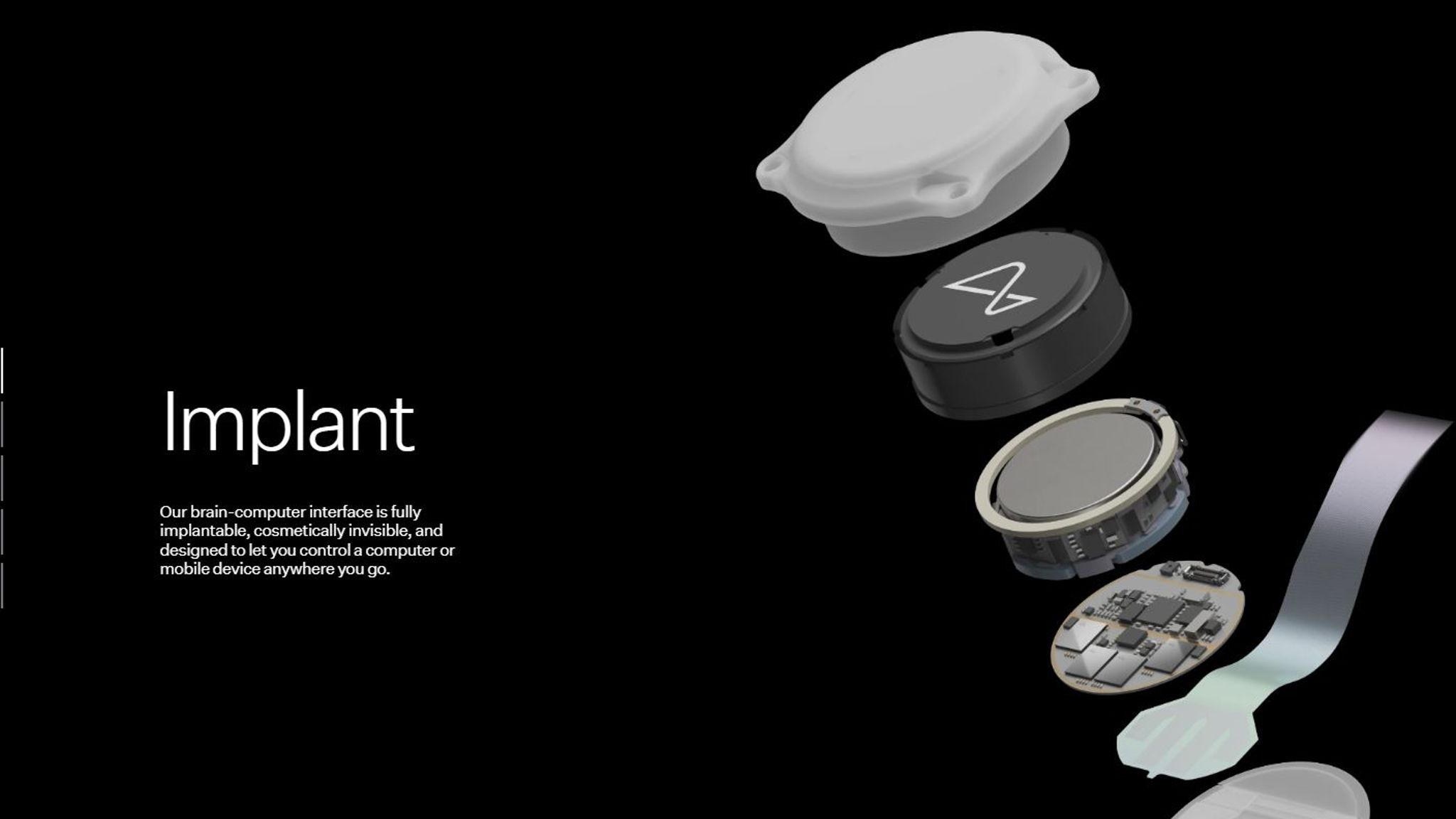Neuralink’s First Human Brain Implant Develops Malfunction

Neuralink brain implant embedded in 29-year-old patient named Noland Arbaugh develops a fault, but is still working
Brain implant from start-up Neuralink has admitted on Wednesday a fault has developed with its first brain implant into a human being.
In a blog post on Wednesday, the Elon Musk owned firm confirmed that part of the brain implant malfunctioned in the weeks following its first in-human procedure.
Neuralink had been given the go-ahead in September 2023 to begin recruitment for a human subject.

Paralysed patient
Musk said at the time Neuralink’s first product would be called Telepathy and would enable “control of your phone or computer, and through them almost any device, just by thinking”.
He said initial target users would be those who had lost the use of their limbs.
Then in January 2024 Neuralink implanted a human brain with a test device for the first time after obtaining permission from the US Food and Drug Administration (FDA) in May 2023 to test its chip on humans.
In February 2024 the firm revealed its first implant patient could control a computer mouse with their thoughts.
In March the patient was revealed to be Noland Arbaugh, aged 29-year-old, who is a quadriplegic after he was paralysed below the shoulders after a diving accident some years ago.
Neuralink livestreamed a video of Arbaugh using his mind to play online chess.
— Neuralink (@neuralink) March 20, 2024
The patient currently spends most of his days in bed, playing games with his friends, or contributing to research sessions.
Indeed, for around eight hours a day during the week Arbaugh contributes to research, but on the weekend can spend as much as 10 hours a day playing games.
Implant fault
Now in a blog post on Wednesday, Neuralink said part of its brain implant has malfunctioned, but it is still working.
Neuralink has constructed a brain-computer interface, or a BCI. The company’s system, called the Link, records neural signals using 1,024 electrodes across 64 “threads” that are thinner than a human hair.
Neuralink said that the implant surgery in January went well, but in the weeks following that a number of threads had retracted from Arbaugh’s brain.
This meant there were fewer effective electrodes, which inhibited the company’s ability to measure the Link’s speed and accuracy.
It is not clear how many many threads retracted from the brain, but in response to this change, Neuralink modified the recording algorithm to be more sensitive to neural population signals, which it said “improved the techniques to translate these signals into cursor movements, and enhanced the user interface. These refinements produced a rapid and sustained improvement in BPS, that has now superseded Noland’s initial performance.”
Removal considered
“I think it should give a lot of people a lot of hope for what this thing can do for them, first and foremost their gaming experience, but then that’ll translate into so much more and I think that’s awesome,” Noland Arbaugh, was quoted as saying.
Meanwhile the Wall Street Journal reported that Neuralink had considered removing the implant, but the problem hasn’t posed a direct risk to Arbaugh’s safety.
Neuralink is competing with Synchron (backed by Bill Gates and Jeff Bezos), which had received US regulatory clearance for human trials back in 2021 and had already completed studies in four people in Australia.
That company’s device has also allowed paralysed people to text and type by thinking alone.